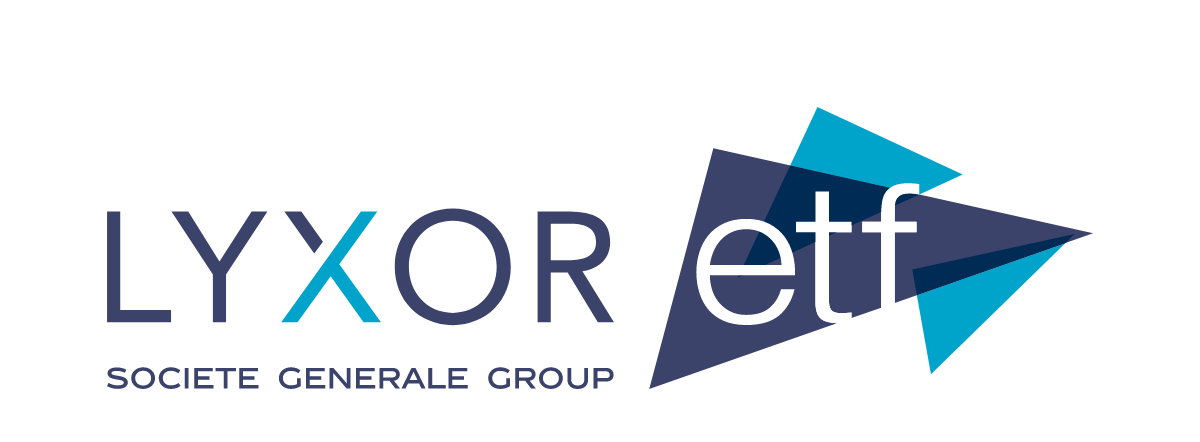Traditional investment theory suggests that just about everyone should have some exposure to bonds in their portfolio. That's because bonds should provide a low-risk and reliable income stream. The problem has been that in recent years the returns have been very low. And that's why some investors have moved away from the ultra-safe government bonds towards corporate bonds. Investors have taken on more risk to get a higher return.
Investing in corporate bonds, however, isn't always easy. You can invest in some corporate bonds directly via the London Stock Exchange's ORB (Order book for Retail Bonds), but the range isn't that wide and retail investors can feel intimidated. Although the bond issuer must provide information for prospective investors, there isn't much commentary or guidance available for private investors.
So funds, including ETFs, can offer an attractive and simple way to invest in corporate bonds. Of course, the corporate bond market is very diverse - some corporate bonds are 'investment grade' which means the chances of default are low whereas others are 'high yield' or 'junk' which means there is a greater risk of default. Junk bonds offer a higher return to investors in return for higher risk.
Maturity is always important for bond investors. If a bond won't mature for, say, ten years, it's riskier than one with just a year to go. If interest rates rise significantly from here, the value of a one-year bond won't fall that much, but it would be a different story for a bond with a longer maturity.
And if you invest in overseas corporate bonds, you also have to think about currency risk.
As ever with ETF investing, the choice of the underlying index is crucial, so let's start by looking at some of the major corporate bond indices worldwide.
Indices
The Bloomberg Barclays Bond indices (formerly the Barclays indices) are the best known in this area.
The Bloomberg Barclays Global Aggregate Corporate Bond Index is comprised of investment grade corporate bonds issued by companies in developed and emerging markets. The minimum maturity is one year and the index is market-cap weighted. Around 66% of the fund is made up of dollar-denominated bonds with 23% being euro-denominated bonds.
The Bloomberg Barclays Euro Corporate Bond index is comprised of European investment grade corporate bonds. These bonds are mainly issued by industrial, financial and utility companies. This is also a market-cap weighted index. Only bonds with a minimum remaining time to maturity of one year are included in the index. There also needs to be a minimum amount outstanding of 300 million euros.
The Bloomberg Barclays US Aggregate Bond Index is a broader US index. It's comprised of dollar-denominated investment grade bonds and includes US Treasuries (US government bonds) as well as corporate bonds. It's market-cap weighted.
Critics of passive bond investing often focus on the fact that the major bond indices are all market-cap weighted. That means these indices are weighted towards larger borrowers who may be higher risk than smaller borrowers simply because they've taken on too much debt. This isn't a problem that applies to market-cap weighted equity indices such as the FTSE 100 although those equity indices have their critics too.
ETFs
Let's now turn to some of the leading corporate bond ETFs. These are all UCITS regulated and listed in London.
Biggest iShares Core Euro Corporate Bond UCITS ETF EUR (GBP) (LSE:IEBC)
This ETF tracks the Bloomberg Barclays Euro Corporate Index and has 8.5 billion euros under management - that's if you include all the different currency versions of this ETF. The ETF invests in the underlying bonds in the index so it's a physical fund. The ongoing charge of the fund is 0.2% and it's fairly well distributed across different maturities. Here is the 'maturity distribution.'
1 to 3 years 18.8% 3 to 5 years 25.4% 5 to 7 years 20.5% 7 to 10 years 20.5% 10 to 15 years 6.7% 15 to 20 years 1.9% 20 to 30 years 2.4% Over 30 3.8%
Source: Morningstar
Joint cheapest - iShares $ Ultrashort Bond UCITS ETF GBP (LSE:ERNU)
This ETF has a super-low ongoing charge of 0.09% a year. So if the value of your investment in the fund is £1000, you'll pay just 90p in charges for the year.
The ETF invests in dollar-denominated investment-grade corporate bonds. The fixed rate bonds must have a duration of no longer than a year, and the fund also invests in floating rate securities that can have a duration of up to 3 years. The ETF tracks the Markit iBoxx USD Liquid Investment Grade Ultrashort Index and is a physical fund.
Joint cheapest - Lyxor iBoxx GBP Liquid Corporates Long Dated UCITS ETF (LSE:COUK)
This ETF also has an ongoing charge of 0.09% a year. It tracks the Markit iBoxx GBP Liquid Corporates Long Dated Mid Price TCA index and as the names suggests, the vast majority of bonds in the portfolio of have a maturity of over 10 years.
1 to 3 years 4.6 % 3 to 5 years 5.5 % 5 to 7 years 1.3% 7 to 10 years 3.7% 10 to 15 years 25.3% 15 to 20 years 30.3% 20 to 30 years 23.7% Over 30 years 5.7%
Source: Morningstar
This isn't a pure corporate bond fund, it includes some UK government bonds (gilts) as well. It's a synthetic fund that uses swaps to track the index.
Biggest hedged - ishares Euro Corporate Bond Interest Rate Hedged Ucits ETF Eur (LSE:IRCP)
This ETF invests in the Eurozone corporate bond market and is hedged. The hedge is against interest rate risk rather than currency risk. The fund achieves this partial hedge by selling German government bond futures. The size of the fund is 1.5 billion euros and the ongoing charge is 0.25% a year.




